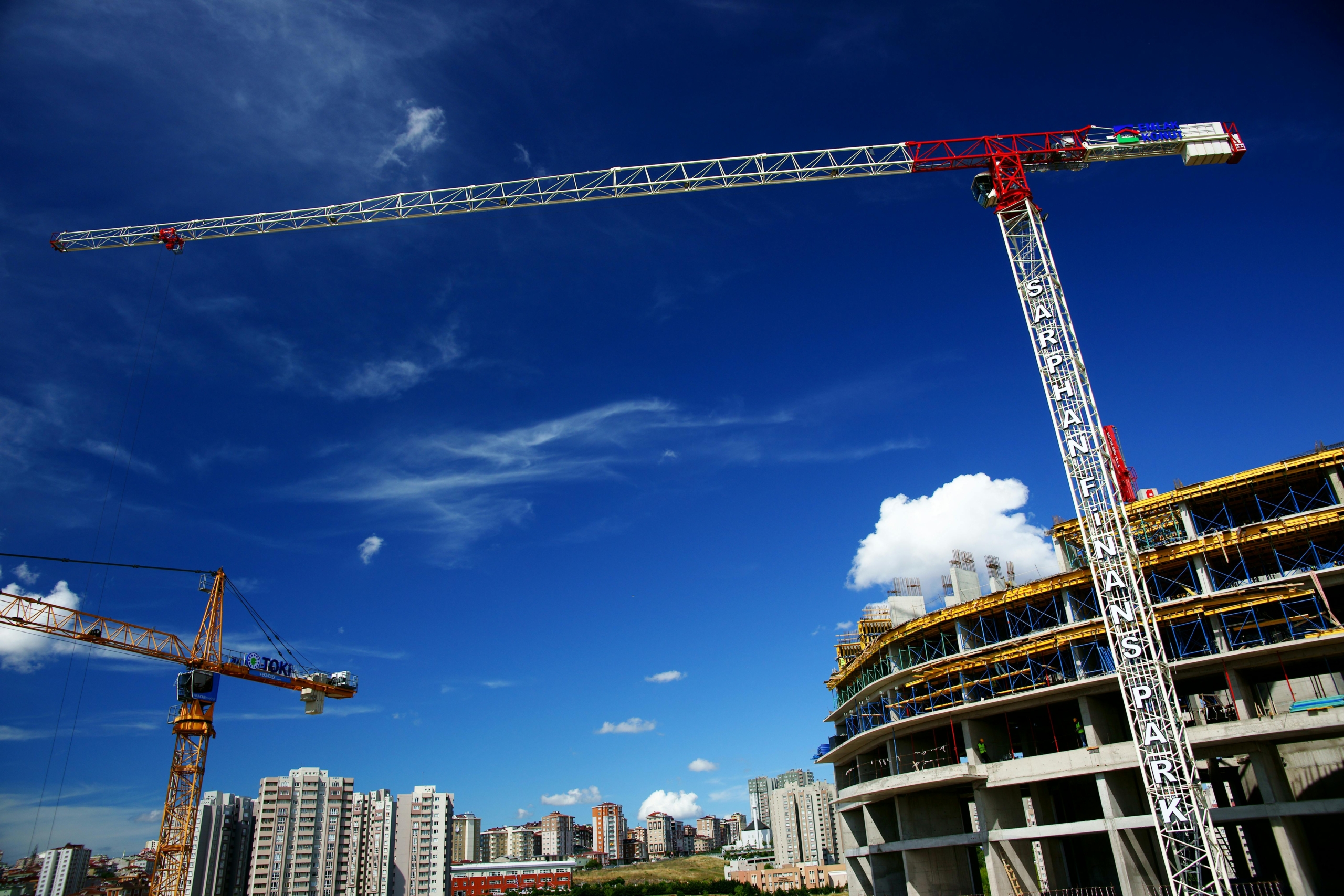Commercial buildings are intricate projects requiring careful planning, clear-cut execution, and expert design. Regardless of the type of commercial building you’re constructing, understanding everything involved is vital for success. Discussed below are four things to know when constructing a commercial building.
1. Building regulation compliance
Commercial construction building codes are detailed standards and regulations that control commercial building maintenance, construction, and design. These codes are crucial for:
- Ensuring structural integrity: Commercial construction building codes aim to ensure buildings’ structural integrity. They give guidelines for designing and building load-bearing elements like beams, foundations, and walls. Complying with these codes ensures the structural elements can support a commercial building’s weight, withstand environmental loads, and maintain stability over its lifespan
- Compliance and legal requirements: Since building codes are local jurisdiction-enforced legal requirements, failure to comply can result in fines, penalties, and project delays. Compliance with the relevant laws and regulations prevents possible legal complications
- Fire protection and prevention: Building codes specify measures for early fire detection, prevention, and suppression. Adhering to these codes lowers the possibility of fire-related incidents, safeguards assets and properties, guarantees occupant safety
Building codes for commercial construction also help enhance safety, ensure equal access, and improve structural resilience to natural disasters. Building code compliance contributes to a structure’s long-term viability. Hiring a registered building control approver service from this website or any other reliable provider can help ensure compliance with building regulations.
2. Budget
A construction budget is crucial for the planning and success of commercial construction. It outlines the expected expenses and costs of building your commercial structure. Without a comprehensive budget, contractors and project owners risk a lack of clarity about project timelines and increased overhead costs.
They might also have challenges planning for variables like price hikes and unexpected delays. Creating a comprehensive commercial construction budget helps set priorities, facilitates timely project completion, and supports project planning.
3. Financing options
Commercial construction projects require substantial financing. Having your finances in order before you start constructing your commercial building can help ensure a smooth process. Commercial construction funding options you can leverage include:
- Commercial construction loans: They’re the most common funding option and are offered by commercial banks and financial institutions. Commercial construction loans can be used for all kinds of commercial projects
- Commercial bridge loans: They’re a form of short-term financing for funding construction projects. Commercial bridging loans provide quick access to funds
- Commercial mortgages: These loans are issued by banks and secured against the commercial property being constructed
4. Location
Site selection is one of the most vital decisions that can significantly affect your venture’s success. Considering the following factors can help you find the right location:
- Visibility and accessibility: A commercial property’s visibility and accessibility are key to success. Prime locations with easy access to public transportation, highways, parking facilities, and major roads to attract a significant customer base
- Zoning regulations: Adhering to local ordinances and local laws in commercial construction is important. Before settling on a specific site, do your due diligence to ensure the property’s intended use aligns with the region’s zoning laws
- Cost: Sites in different locations have varying costs. Evaluating land acquisition costs plus construction expenses against the project’s projected revenue and the location’s benefits can help you identify the right site
- Utilities and infrastructure: Commercial buildings need adequate access to water, electricity, telecommunication networks, and sewerage to run smoothly
End note
Building a commercial structure requires careful planning and consideration. Familiarise yourself with the things to know when constructing a commercial building, including building regulation compliance, budget, financing options, and location.


